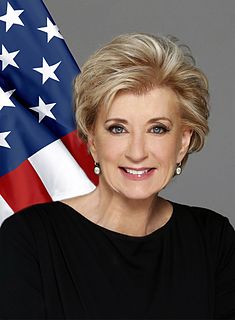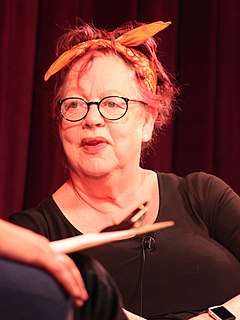A Quote by Krysten Ritter
The more messy women that we put on screen, that we put in books, the more women can feel represented and seen, then they can access their own stuff, feel it's okay, and then have the strength to speak out about things like we're talking about. About rising up.
Related Quotes
We've done a couple of women's mags, but we tend to talk about feminism and women in the industry, which I feel more comfortable talking about. It's a more valuable discussion than, 'Oh, you're a girl in a band. What hair conditioner do you use?' I use hair conditioner, and I like talking about it. But I don't want that to be the question.
I know there are certain men that hate women or don't like women, and in order to make women feel small, they tend to isolate them when they bully them. And women are often humiliated by it and feel they can't do anything about it. So my advice to women would be: there's always support around for those sorts of things and if you feel you're isolated in any way, or being bullied, you must talk to someone about it.
There's more empathetic representations than we're used to seeing. I honestly feel like in the early days of Hollywood, women did have those. Women had very traditional roles in society of wife and mother, but when they went to the movies, they got to see women be, like, really cool, amazing characters and femme fatales and all of this. And then there was just this systemic reaction where it was all about, "How do we make money?" And everybody wants to sell things to boys. And then women's entertainment became devalued in a way that I think is disrespectful and hurtful.
It turns out that a lot of women just have a problem with women in power. You know, this whole sisterhood, this whole let's go march for women's rights and, you know, just constantly talking about what women look like or what they wear, or making fun of their choices or presuming that they're not as powerful as the men around. This presumptive negativity about women in power I think is very unfortunate, because let's just try to access that and have a conversation about it, rather than a confrontation about it.
I didn't write my book, 'I Don't Care About Your Band,' in order to give women a brand-new set of dating rules they need to feel terrible about not abiding. I wrote my book to make the women who read it feel good about themselves, and a little more entitled to be treated well by the guys they go out with.
The more we as a society make women's sex lives seem like a secret, the more hostile that becomes. Because when you get into that cycle of thinking, no matter what you're doing, you feel shameful about it, because there's no way to talk about it. I think that through talking about it and sharing stories you realize the things you may have felt shameful about are totally normal and totally OK. Everyone's normal in their own way. You can only come to that realization if you're having these conversations, and learning what normal is for other people.



































